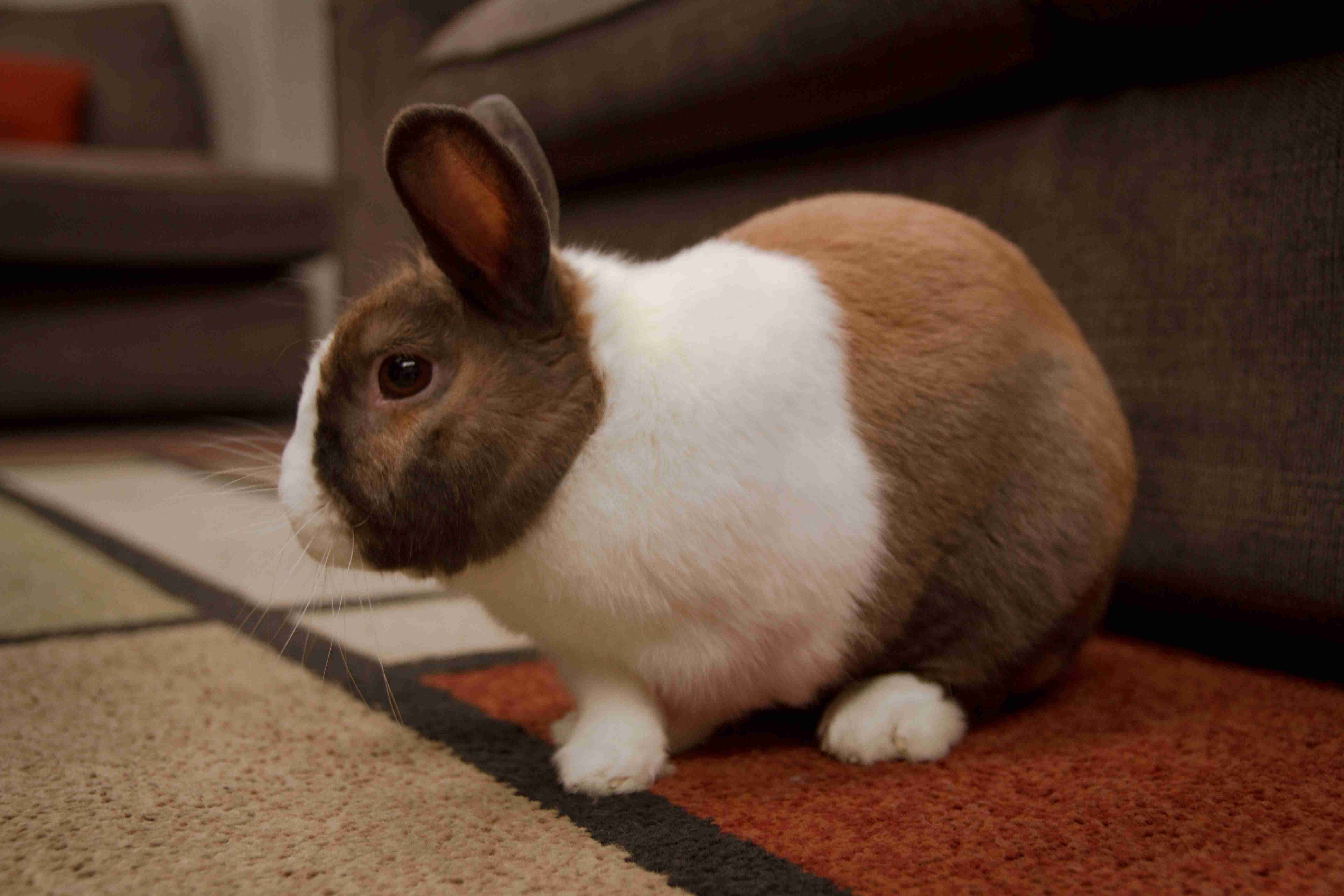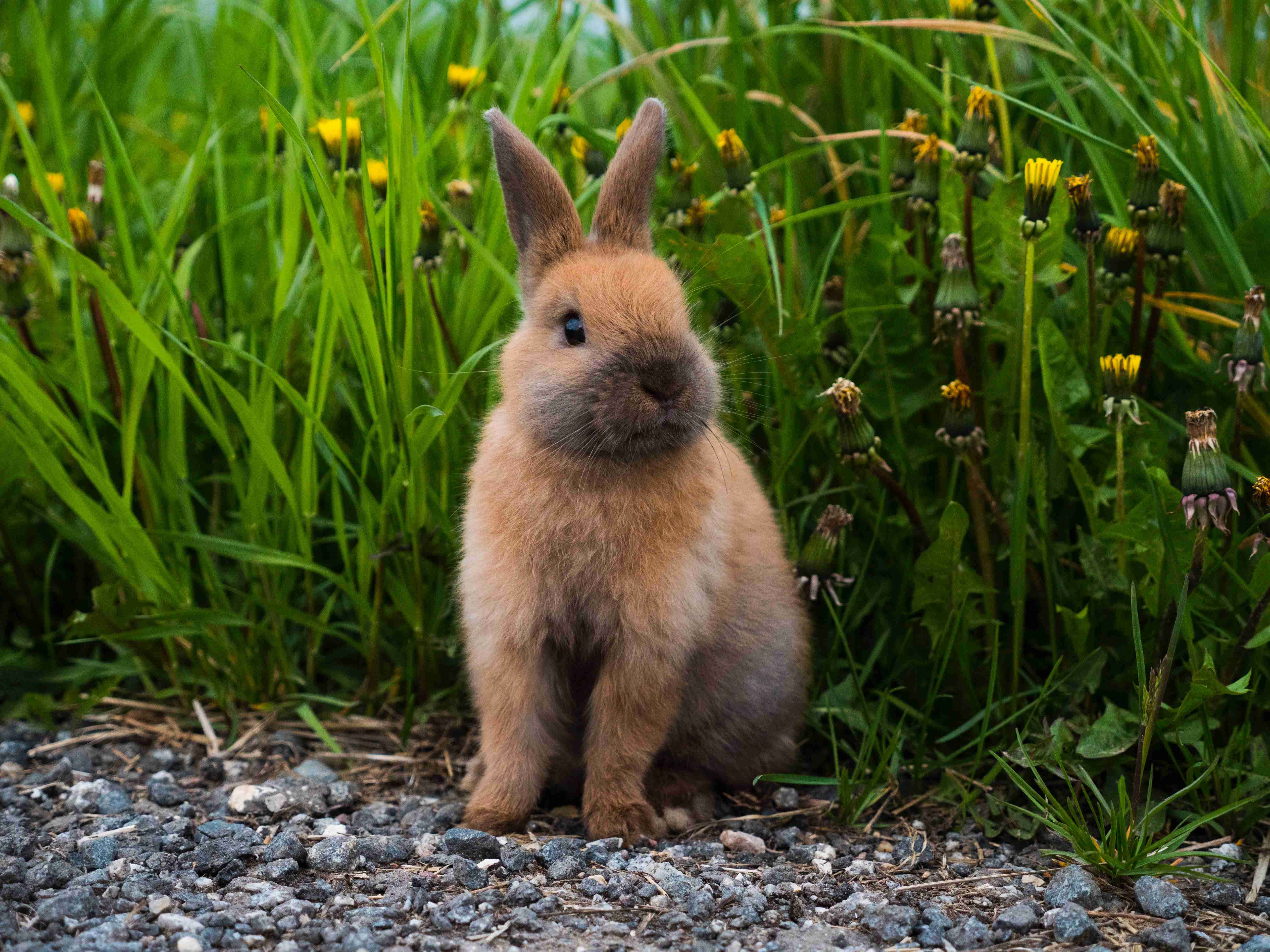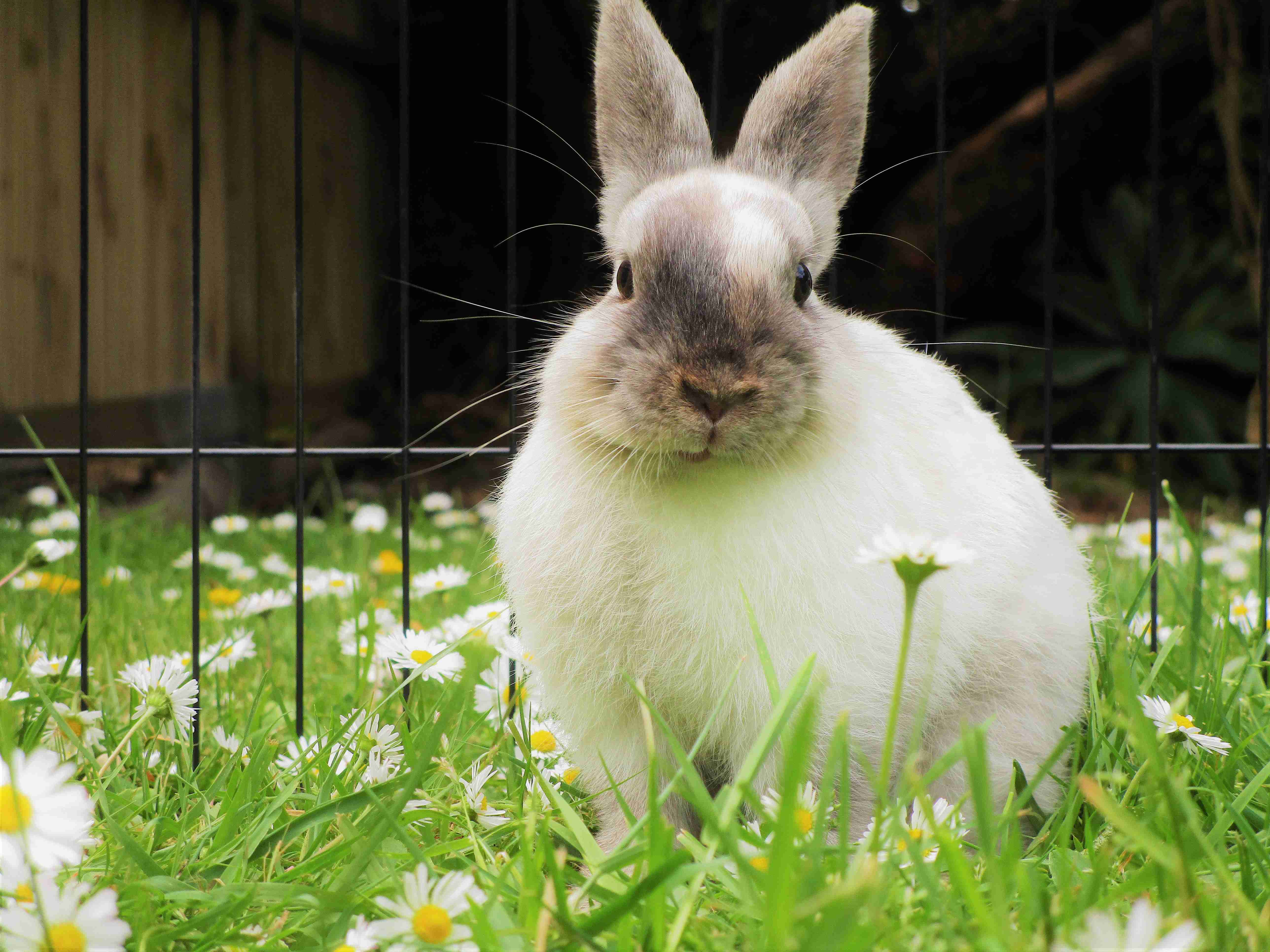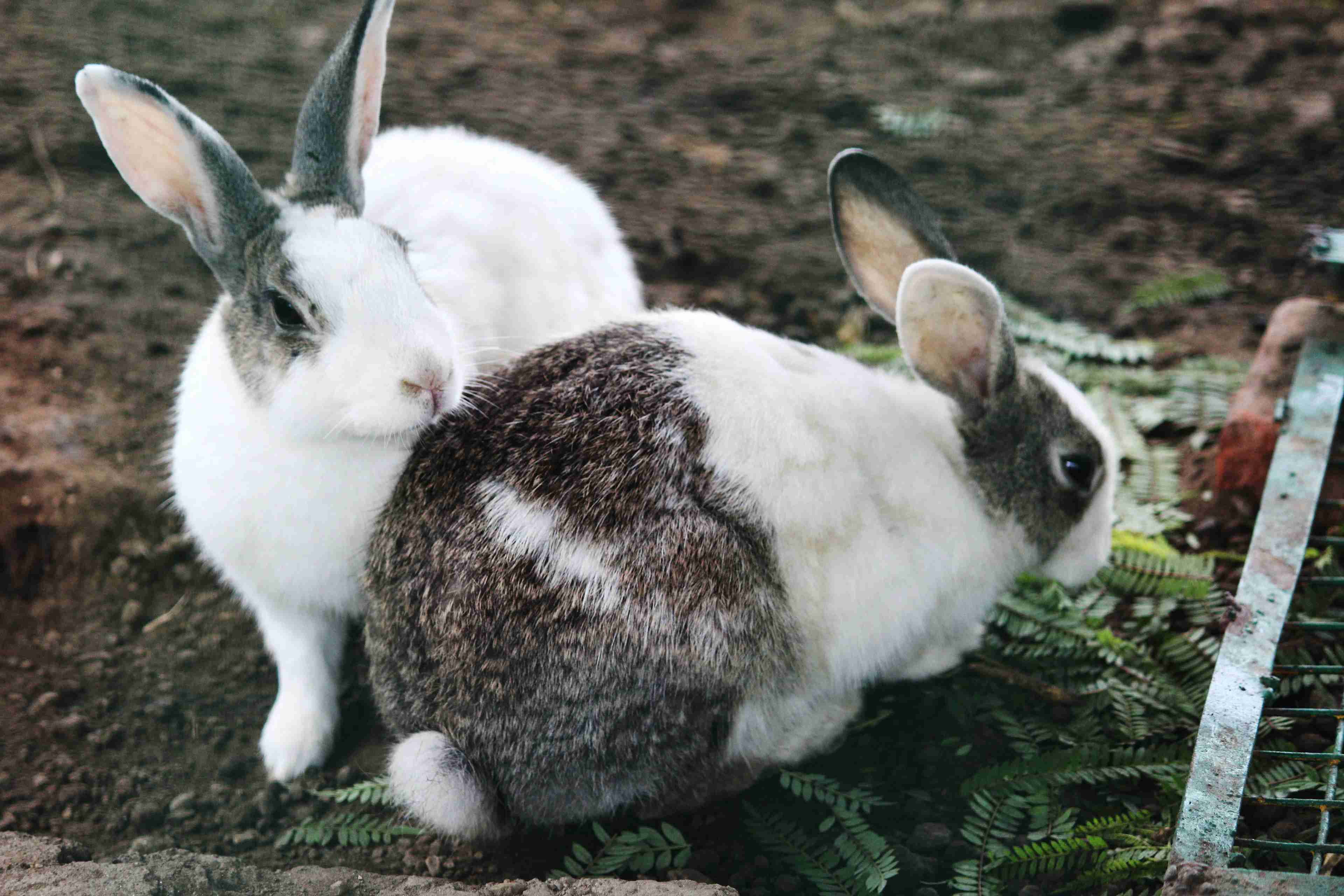Rabbits make great pets, but like all animals, they can suffer from allergies. As a rabbit owner, it is important to be aware of the common allergies that can affect your furry friend. Identifying these allergies and taking the necessary steps to prevent or treat them can help keep your rabbit healthy and happy. In this blog post, we will discuss some of the most common allergies that pet rabbits can experience and provide tips on how to protect your rabbit from these allergens.
Rabbits are adorable and make great pets. They are docile, low maintenance, and can be trained to use a litter box. However, just like any other animal, rabbits can suffer from allergies. As a pet owner, it is essential to be aware of common allergies that your pet rabbit may experience and how to prevent or treat them.
- Hay fever
Hay fever, also known as allergic rhinitis, is one of the most common allergies in pet rabbits. It occurs when rabbits inhale pollen, dust, or other irritants. Symptoms include sneezing, runny nose, and red, watery eyes. To prevent hay fever, you can minimize the amount of dust and pollen in your rabbit’s environment. You can also switch to a different type of hay, such as timothy hay, which has lower pollen levels.
- Food allergies
Rabbits are known for their love of vegetables and fruits. However, some rabbits may be allergic to certain foods. Symptoms of food allergies include diarrhea, vomiting, and skin irritation. To prevent food allergies, introduce new foods gradually and in small amounts. If you notice any adverse reactions after feeding your rabbit a particular food, stop feeding it immediately and consult your veterinarian.
- Flea allergies
.jpg)
Fleas are a common problem for pets, including rabbits. When a flea bites a rabbit, it injects saliva into the skin, which can cause an allergic reaction. Symptoms of flea allergies include itching, hair loss, and skin irritation. To prevent flea allergies, you can use flea treatment products, such as flea collars or topical treatments. You can also keep your rabbit’s environment clean by regularly cleaning their living space and washing their bedding.
- Cleaning products allergies
Cleaning products, such as detergents and disinfectants, can cause allergic reactions in rabbits. Symptoms include sneezing, coughing, and skin irritation. To prevent cleaning products allergies, use natural and pet-friendly cleaning products. You can also keep your rabbit away from the area being cleaned until it has dried completely.
- Dust allergies
Dust can cause allergies in rabbits, just like in humans. Symptoms of dust allergies include sneezing, coughing, and wheezing. To prevent dust allergies, you can use a HEPA filter air purifier to minimize the amount of dust in the air. You can also keep your rabbit’s living space clean and dust-free by vacuuming regularly.
Overall, protecting your pet rabbit from common allergies is crucial to their health and well-being. By being aware of the potential allergens and taking preventative measures, you can ensure that your furry friend stays happy and healthy. Always consult with your veterinarian if you suspect that your rabbit is suffering from allergies.
In conclusion, it is important for rabbit owners to be aware of the common allergies that their pets can experience. By keeping an eye out for symptoms and taking preventative measures, such as keeping their living space clean and providing a balanced diet, owners can help ensure their pet rabbit stays healthy and happy. If you suspect that your rabbit may be suffering from an allergy, it is important to seek veterinary care as soon as possible to identify and treat the root cause. With proper care and attention, you can protect your pet rabbit from common allergies and enjoy many happy years together.
Please follow us on Social Media


.jpg)




.jpg)
